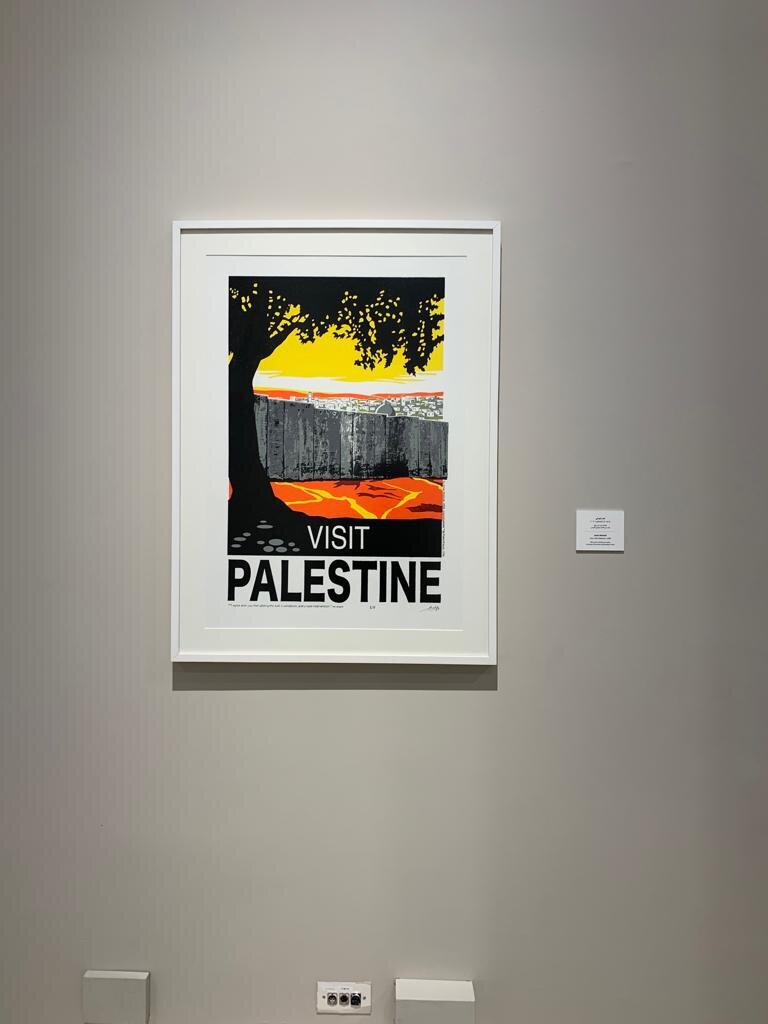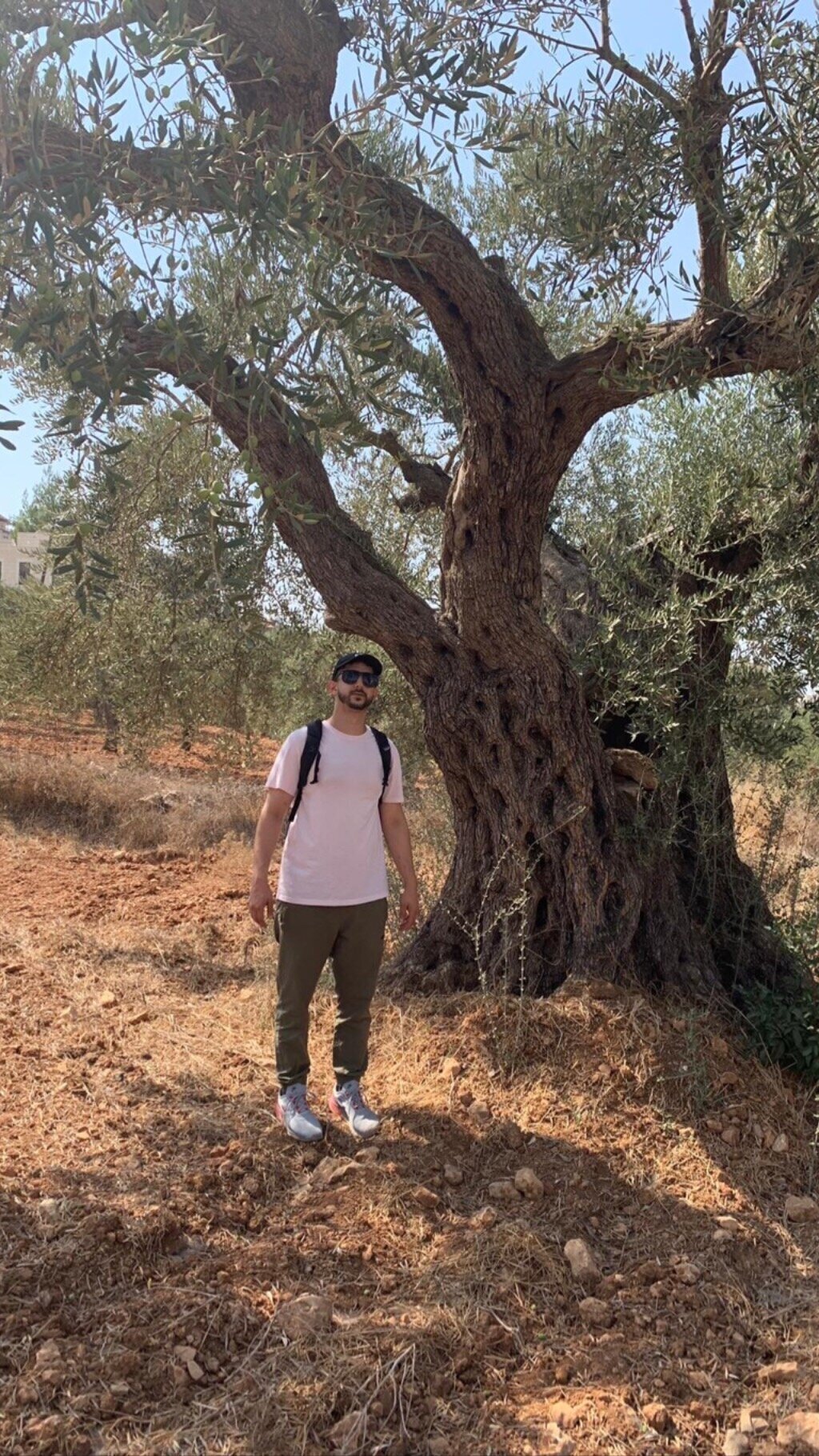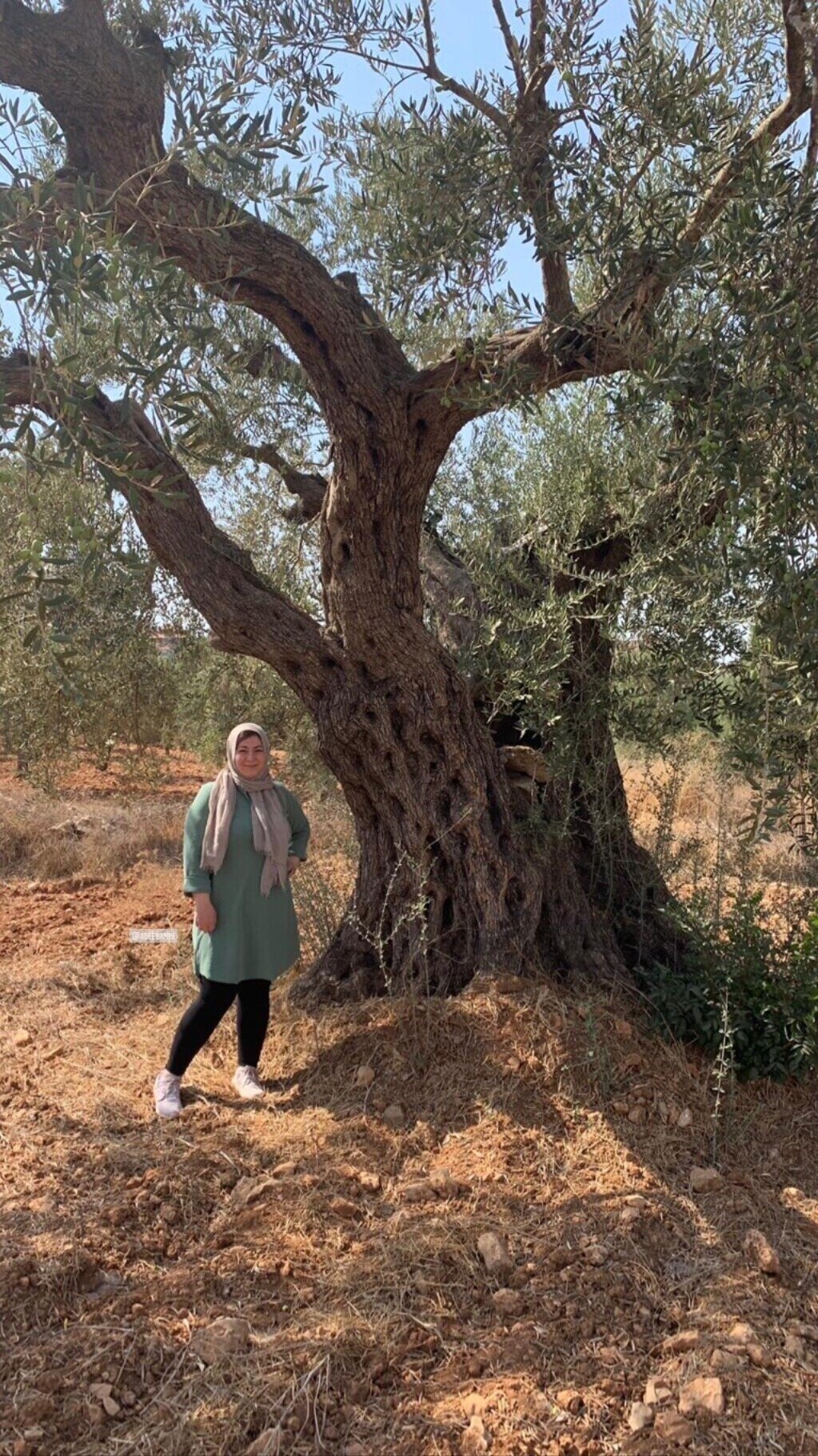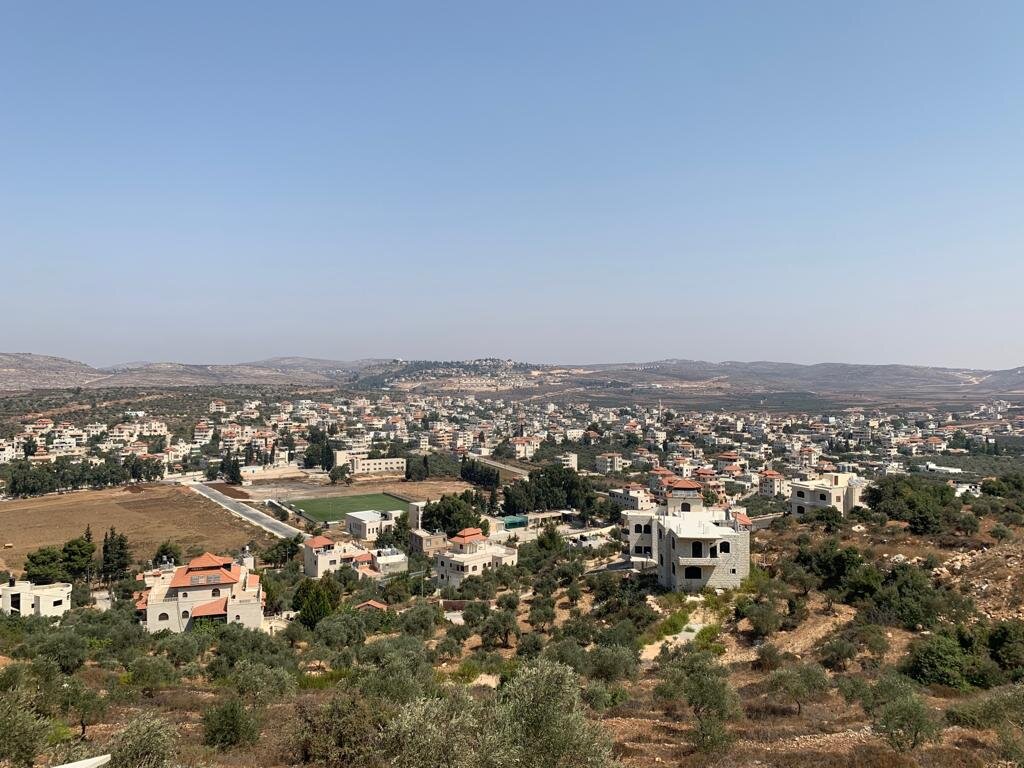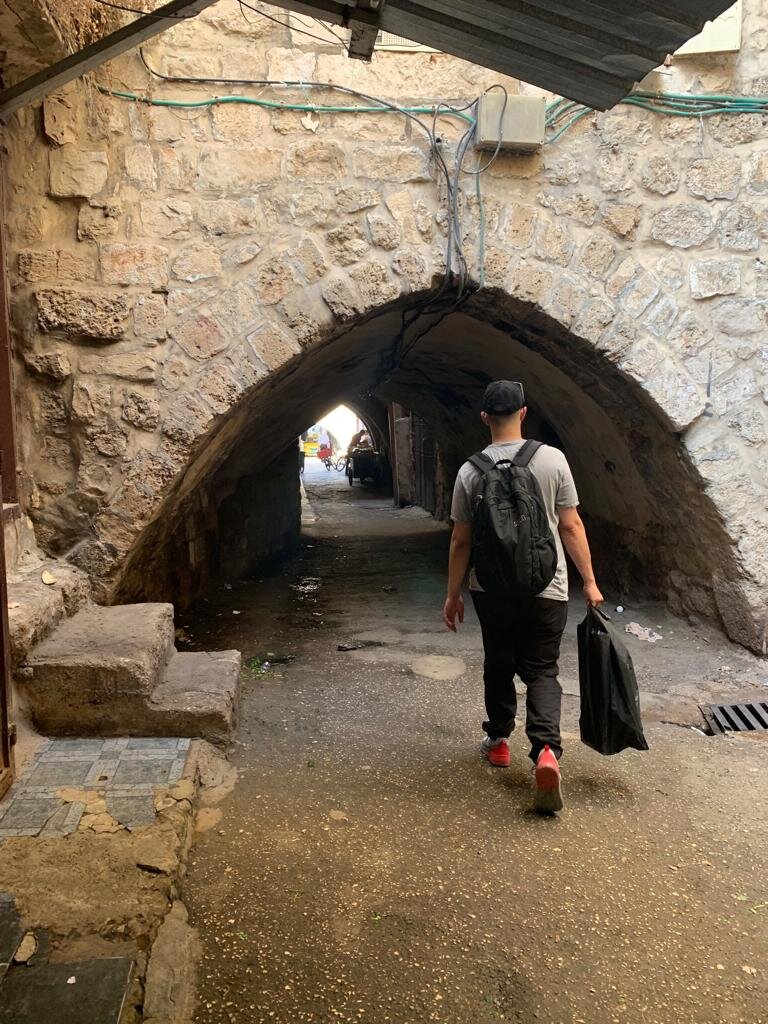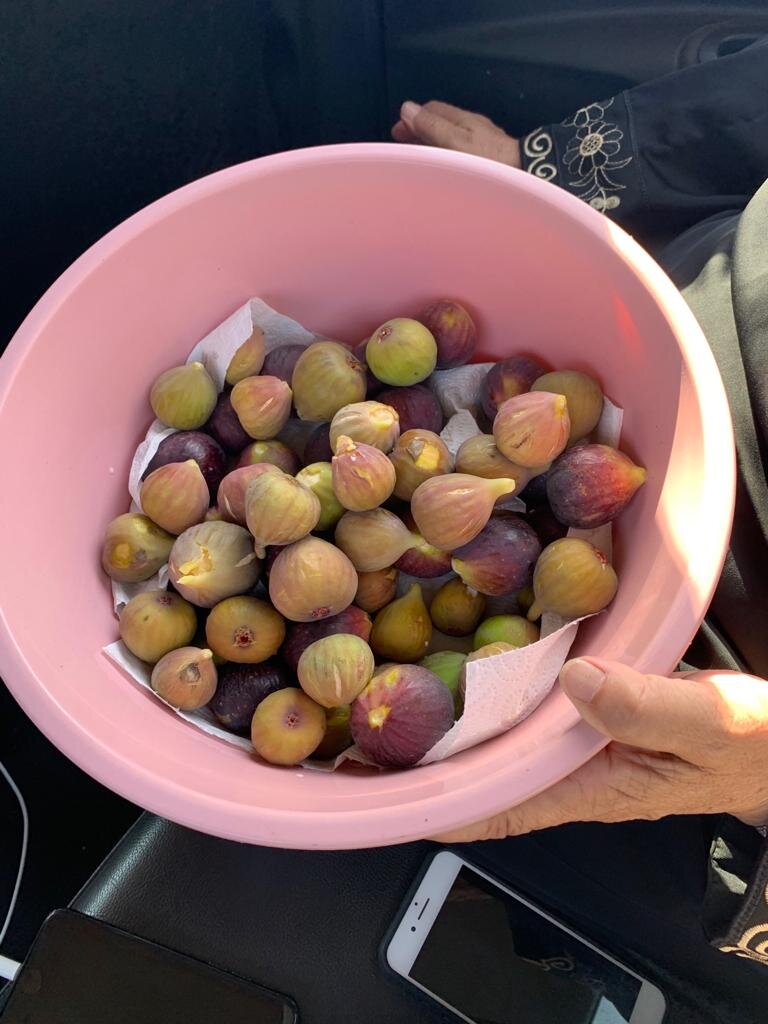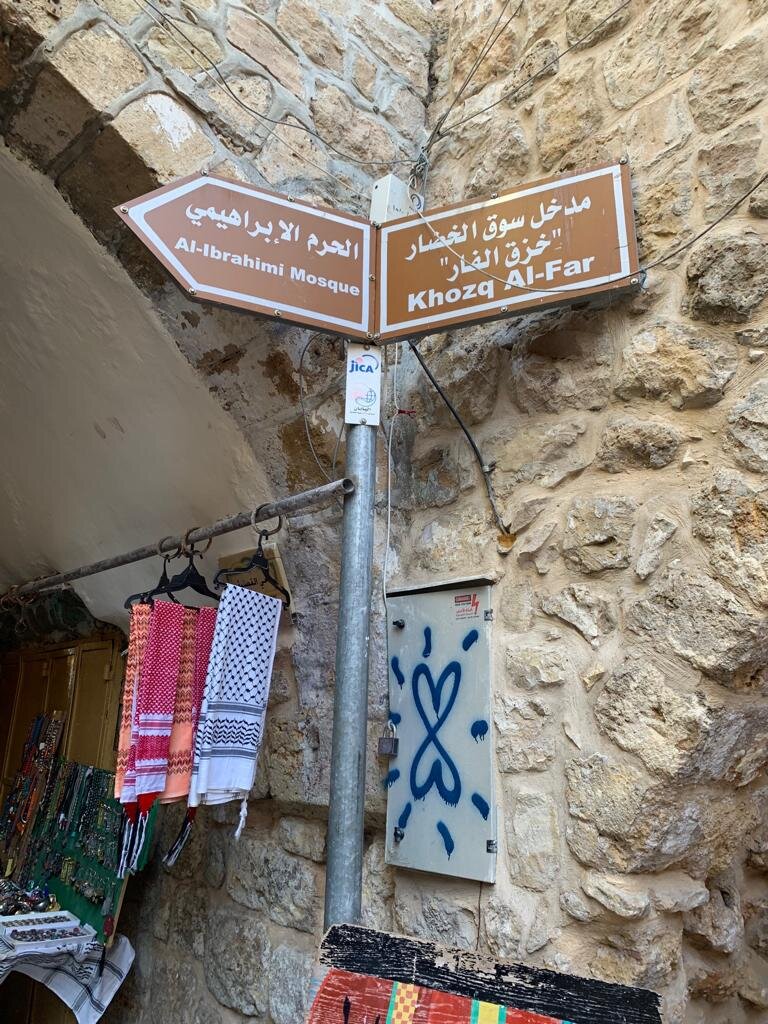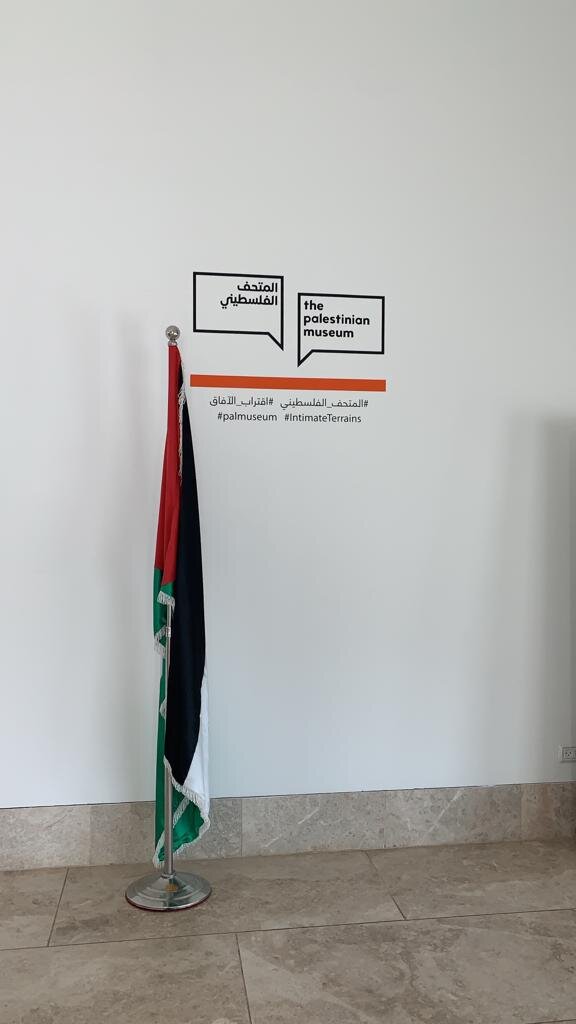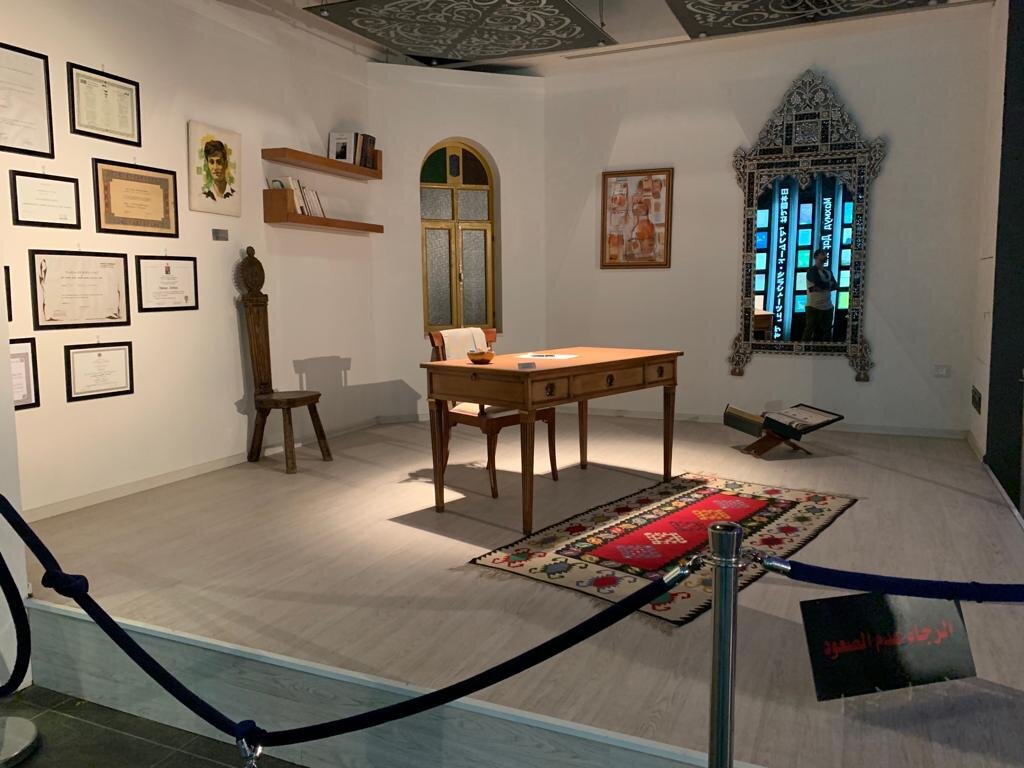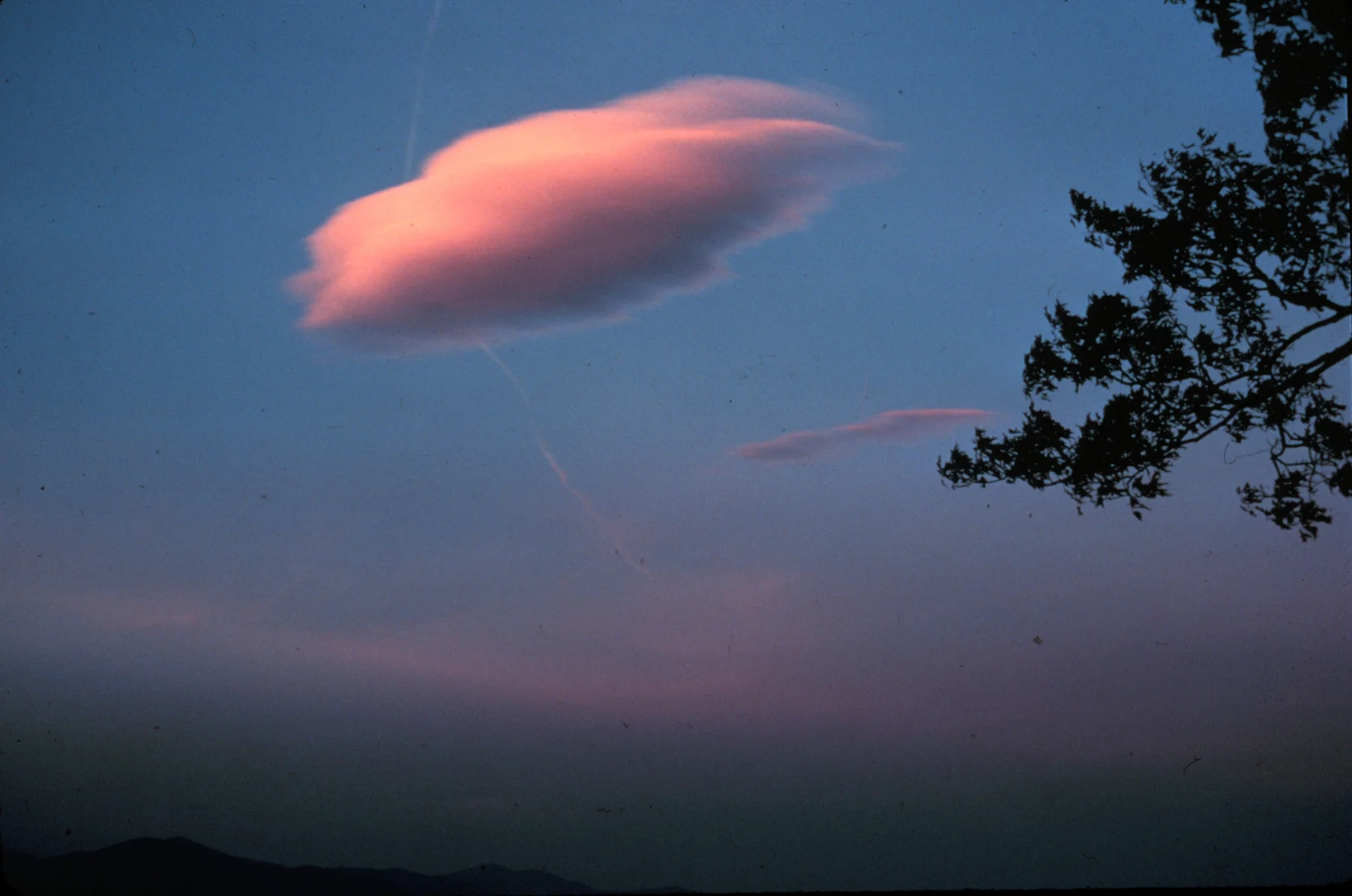The realities of visiting Palestine while carrying a Palestinian hawiya
Telling people we went on vacation to Palestine feels weird, but what’s stranger is being questioned and delayed by soldiers who occupy a border or an entrance into a village that does not belong to them, teenagers holding automatic weapons pointed at the land’s indigenous people, and going through prison-like checkpoints to enter a mosque.
The cold reality is that Israel controls every aspect of Palestinian life inside the Palestinian territories. I hold a Palestinian ID, or hawiya, and a Palestinian passport, so on this trip, I felt some of the restrictions and hassles Palestinians deal with 24/7. My wife, Adeeba, and I spent a week in the West Bank and it was filled with love and exploration of the land our parents left behind. But it was also filled with anxiety, sadness and heartbreak because of the daily effects of the occupation.
Last year, we made the same voyage to Palestine. We flew into Amman, Jordan and got a ride to the Palestinian border — which is occupied by Israel. Last year, Adeeba wasn’t permitted to enter the Palestinian territories or Israel because she was not listed as my wife on my Palestinian ID. In preparation for our second attempt at returning home, I completed the necessary tasks to avoid a similar result. Despite doing everything Israel required, our anxiety at the border was at a fever pitch.
After three hours of waiting, an Israeli agent approached me and questioned me about our plans in Palestine.
“Is Adeeba your wife?”
“How long will you be staying?”
“One week? That’s it? Why so short?”
“Who are you staying with?”
“Tell Adeeba to come here; I need to talk to her.”
After a few more representatives of the occupation approached us with identical questions and a few more hours of waiting, Adeeba was permitted to enter. Because of my Palestinian passport, Israel is supposed to allow me to enter without much difficulty, but the same does not apply for my wife, despite her U.S. citizenship.
After dealing with Israeli security, Palestinians take a bus into Jericho and from there are able to take a cab to their final destination in the territories. Because of my status, I am not able to enter Jerusalem or Israel without a visa or a permit, which cannot be realistically obtained in less than a week.
During our time in Palestine, my wife and I stayed with my aunt Khadeeja in Turmus Ayya, a small village outside of Ramallah where my parents grew up. While in Turmus Ayya, the electricity was turned off from 10 a.m. to 12 p.m., reportedly due to debt.
We rented a car in Ramallah to take us to villages across the West Bank, such as Nablus, Bethlehem and Jericho, but because of my Palestinian identity I could only rent a car with a green Palestinian license plate. The green plate helps Israeli soldiers identify and track Palestinians. Cars with the Palestinian license plate are not allowed to travel on Israeli roads and have limited access on Palestinian roads, according to Visualizing Palestine.
When we traveled to Bethlehem, my wife and I went on the journey alone and used the navigation app Waze for directions, but it guided us into a bit of trouble.
“Make a right turn at the roundabout.”
That seemingly harmless instruction sent us into a car-only checkpoint leading into Jerusalem. The Israeli soldiers with their guns drawn on us stopped our vehicle swiftly. I was driving, and the soldier asked where we were going and for my ID. I handed her my U.S. passport, and she replied, “NO! Where is your Hawiya?”
The soldiers assumed we were trying to sneak into Jerusalem, so when I asked for correct directions to Bethlehem, she proceeded to direct me to the Qalandiya checkpoint, which is a Palestinian entrance into Jerusalem.
On several other occasions, our vehicle was stopped right outside the entrances to villages such as Jericho. The soldiers at these checkpoints would take pictures of our ID’s and question where we were headed.
All of these humiliating tactics are used to limit Palestinians in every way possible and discourage those living in the diaspora from returning.
As exhausting as the occupation can be, the thought of not returning is not an option. Adeeba and I will continue making that 13 hour flight to Amman, 1 hour drive to the border, whatever the wait is at the border, then that 25-minute drive from the border to Jericho, followed by the sweet 45-minute cab ride to Turmus Ayya.




